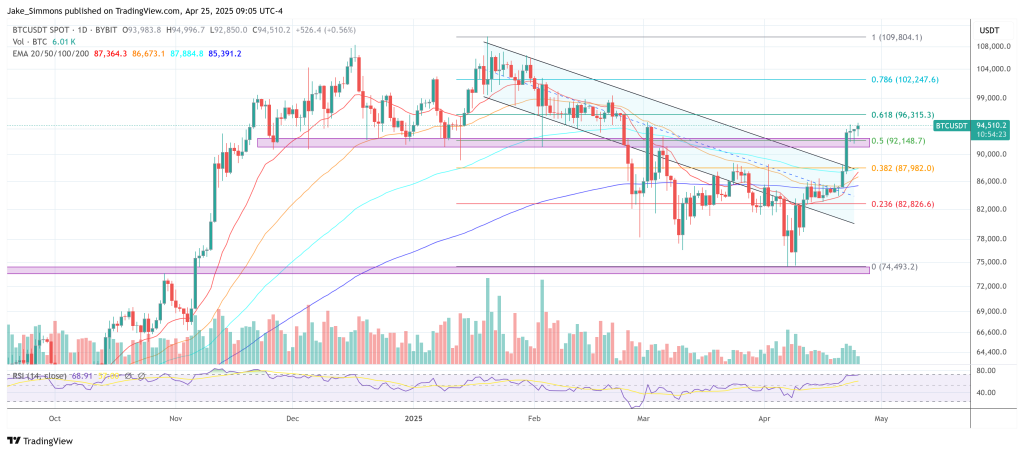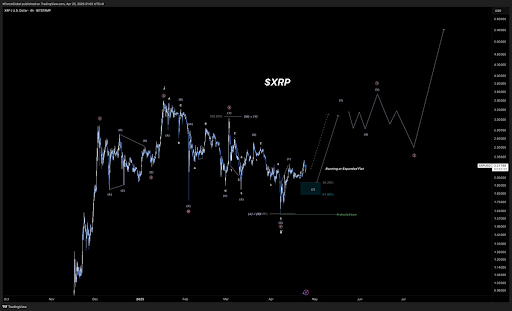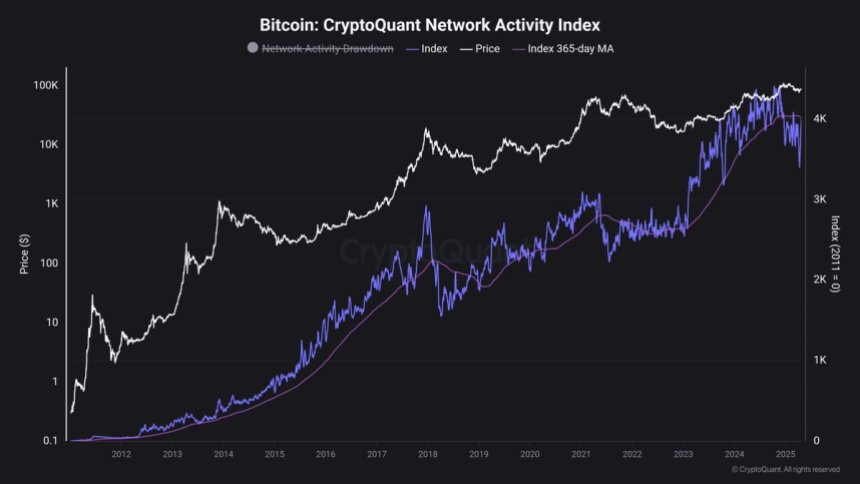Blockchain technology has grown beyond its cryptocurrency origins to become a critical tool across various industries. With its decentralized, secure, and transparent nature, blockchain has emerged as a solution for sectors grappling with challenges around trust, security, and operational inefficiencies. Two industries witnessing significant blockchain-driven change are healthcare and energy.
Both rely heavily on accurate data management, transparency, and efficiency, making blockchain an ideal technology to address their challenges. The global blockchain market is expected to hit USD 39.7 billion by 2025, reflecting an astounding CAGR of over 67% from 2020 to 2025. This growth signals the increasing reliance on blockchain solutions across industries. In this discussion, we’ll explore how blockchain is revolutionizing healthcare and energy, offering sustainable, efficient, and secure systems that promise a better future.
Understanding the Fundamentals of Blockchain Technology
Blockchain operates as a decentralized digital ledger that records transactions across a network of computers, referred to as nodes. Unlike traditional centralized systems, blockchain doesn’t rely on a single authority to validate transactions. Instead, consensus mechanisms like Proof of Work (PoW) or Proof of Stake (PoS) ensure trust and accuracy.
Key Characteristics of Blockchain:
- Decentralization: Data is distributed across multiple nodes, reducing the risk of centralized failures or attacks.
- Immutability: Once data is recorded on a blockchain, it cannot be altered or deleted without consensus from the network.
- Transparency: Every authorized participant can view and verify transactions, promoting accountability.
- Security: Cryptographic techniques secure data, ensuring privacy and protection from unauthorized access.
These characteristics make blockchain particularly suitable for sectors like healthcare and energy, where data integrity, trust, and real-time processing are non-negotiable.
Blockchain in Healthcare
The healthcare industry is complex, dealing with sensitive patient data, supply chain management, and clinical research. Blockchain technology addresses several persistent challenges, offering innovative solutions that improve outcomes and reduce inefficiencies.
1. Secure Patient Data Management
Healthcare providers handle vast amounts of confidential data, from medical records to insurance information. Traditionally, this data is stored in centralized databases, making it vulnerable to cyberattacks and unauthorized access. Blockchain decentralizes data storage, encrypting information and distributing it across multiple nodes.
- Enhanced Data Security: Immutable records prevent unauthorized alterations.
- Patient Control: Patients can grant or revoke access to their data securely.
- Interoperability: Healthcare providers can share patient records across systems seamlessly.
The global blockchain healthcare market is predicted to reach USD 5.6 billion by 2025, with a CAGR of nearly 70%. This growth highlights the industry’s reliance on blockchain for secure and efficient data management.
2. Streamlining Medical Supply Chains
The pharmaceutical supply chain is plagued by counterfeit drugs, fraudulent practices, and inefficiencies. Blockchain offers transparency by enabling end-to-end tracking of pharmaceuticals.
- Real-time Tracking: Every stage of the supply chain is logged on the blockchain.
- Smart Contracts: Automate payments and shipments based on predefined triggers.
- Reduced Counterfeits: Increased traceability ensures only genuine products reach patients.
Experts estimate that over 25% of pharmaceutical supply chains will adopt blockchain technologies by 2025, leading to reduced operational costs and increased transparency.
3. Enhancing Clinical Trials and Research
Clinical trials depend on data integrity, transparency, and timely collaboration. Blockchain ensures that trial data remains immutable, fostering trust among researchers, regulators, and participants.
- Immutable Records: Prevent data tampering.
- Global Collaboration: Researchers can securely share data worldwide.
- Increased Transparency: Every change is logged for accountability.
By 2025, nearly 30% of Clinical Research Organizations (CROs) are expected to adopt blockchain for trial data management, accelerating drug development and reducing time-to-market.
Blockchain in the Energy Industry
The energy sector is another domain where blockchain is driving significant transformation. From grid management to peer-to-peer trading, blockchain offers efficient, transparent, and scalable solutions.
1. Grid Management and Load Balancing
Energy grids traditionally depend on centralized systems to manage supply and demand. However, these systems are often prone to failures and inefficiencies. Blockchain introduces decentralized control and real-time monitoring, ensuring stable grid operations.
- Real-Time Data Validation: Nodes validate transactions instantly.
- Decentralized Control: No single point of failure.
- Efficiency: Real-time monitoring reduces energy wastage.
The global blockchain energy market is expected to surpass USD 3.4 billion by 2025, growing at a CAGR of over 45%. This growth underscores blockchain’s potential in revolutionizing grid management.
2. Peer-to-Peer (P2P) Energy Trading
With the rise of renewable energy sources like solar panels and wind turbines, individual producers can generate surplus energy. Blockchain creates transparent marketplaces where producers can sell excess energy directly to consumers.
- Smart Contracts: Automate payments and deliveries.
- No Intermediaries: Reduce costs and improve transparency.
- Democratization: Consumers can buy energy directly from producers.
By 2025, it’s estimated that over 15% of renewable energy transactions in certain regions will occur via blockchain-based platforms, democratizing access to clean energy.
3. Renewable Energy Certificates (RECs)
Organizations aiming to reduce their carbon footprints often purchase Renewable Energy Certificates (RECs). Blockchain enables tokenization of RECs, making them easier to trade, verify, and track.
- Transparent Tracking: Ensure certificates are genuine.
- Increased Accountability: Easier to verify claims of clean energy usage.
- Streamlined Transactions: Tokenized RECs simplify trading processes.
Analysts predict that by 2025, 40% of renewable energy certificates will be managed via blockchain platforms, significantly improving sustainability efforts globally.
Future Outlook: The Growing Influence of Blockchain
Blockchain’s decentralized, transparent, and secure architecture offers solutions to some of the most pressing challenges in healthcare and energy. From fortifying patient data management and ensuring clinical trial integrity to facilitating peer-to-peer energy trading and streamlining grid operations, blockchain’s applications are vast.
The projected growth of the global blockchain market to USD 39.7 billion by 2025 underscores the confidence industries have in its potential. As organizations continue to explore and adopt blockchain technologies, they stand to benefit from improved security, greater transparency, and enhanced operational efficiency.
Whether in healthcare, energy, or other sectors, blockchain is no longer a distant promise—it’s actively reshaping industries and laying the foundation for a more secure, efficient, and transparent future.






